7 Things You Should and Shouldn't Put on Your Face
Are items like lemon juice and petroleum jelly really beneficial to your skin?
1 of 8
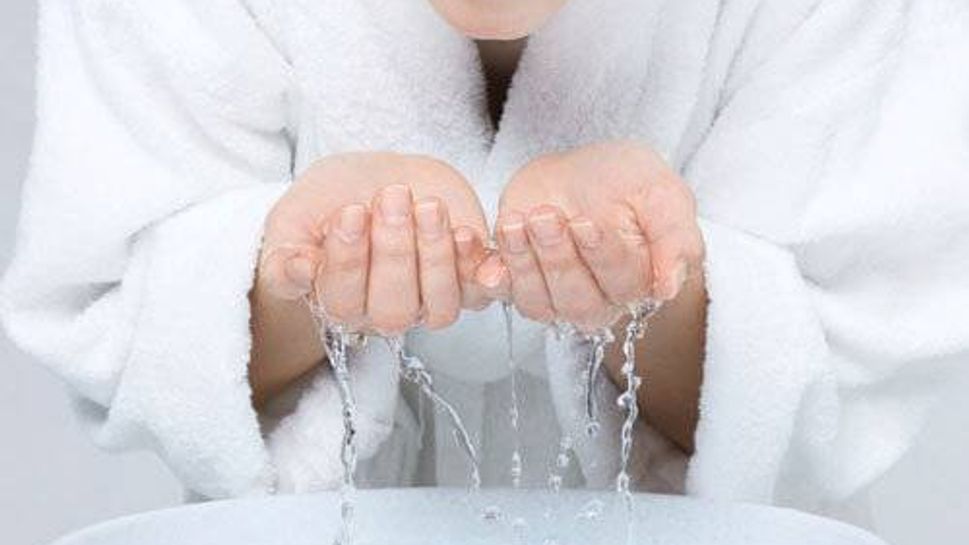
(This article appeared previously on Grandparents.com.)
Lemon juice, baking soda, petroleum jelly — we're always hearing about these alternatives to traditional skincare products, but are they safe? Are they effective at keeping skin hydrated and smooth? We spoke to two dermatologists to find out.
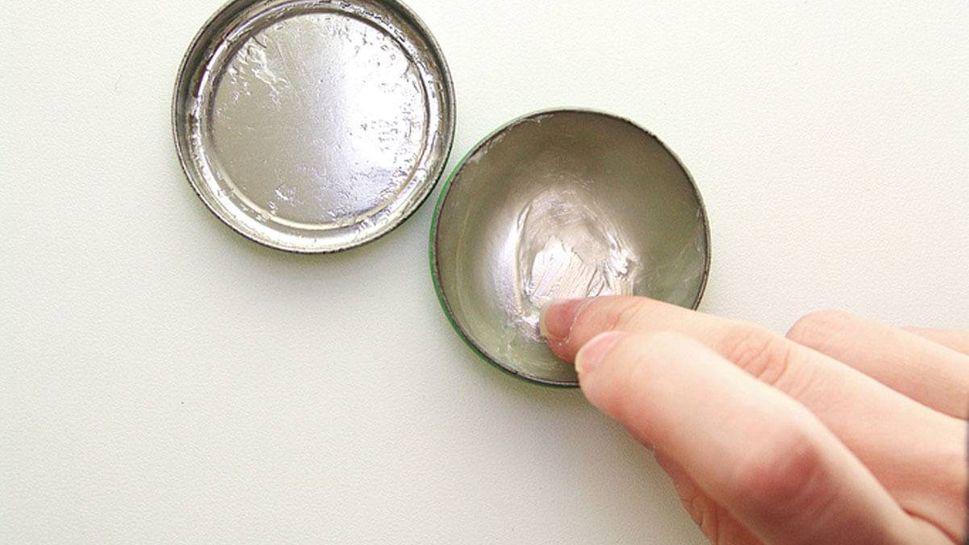
1. Petroleum Jelly
You probably remember your grandmother or mother slathering on the Vaseline. Turns out, petroleum jelly is indeed a home run for your face.
"As we age, the skin on our face gets thinner and less elastic, which can lead to dryness," says Dr. Mamta Jhaveri, an assistant professor of dermatology at John's Hopkins University School of Medicine. "The best thing you can do is moisturize your skin. We prefer moisturizers to be thicker to lock in moisture." Petroleum jelly, she continues, is very thick and has close to zero water in it. This means that it doesn't evaporate. Instead, it creates a barrier to lock in skin's existing moisture.
For optimal hydration, use it after the shower, when your skin is a little damp. And lest you be worried that petroleum jelly will cause acne, a study in the Journal of the Society of Cosmetic Chemists debunked that theory.
However, says Jhaveri, if you have oily skin or rosacea, she recommends using a lighter moisturizer that says "non-comedogenic" or that it doesn't clog pores on the label.
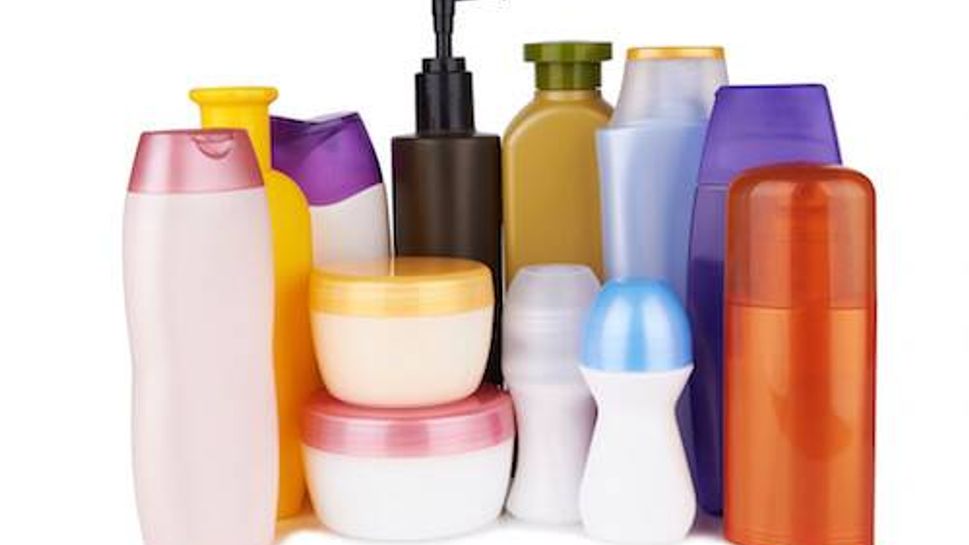
2. Alcohol-Based Products
Toners and astringents line the skincare shelves, but do they dry out skin? Depends on the kind of alcohol in the product.
Products containing isopropyl alcohol can dry out skin. "Overuse, or use in an irritated area, can lead to further inflammation and breakdown of the skin," says Dr. Amy Kassouf, a dermatologist at the Cleveland Clinic. Other types of alcohol, such as benzyl alcohol, found in a lot of cream formulations actually have a mild emollient effect, she says.
"There is a place for toners and astringents to treat oily skin," says Jhaveri, but she recommends using them sparingly and putting on a lightweight moisturizer afterwards to prevent dryness. "There are usually other treatments that we can recommend instead, like switching to a different face wash or using a topical cream if skin is oily," Jhaveri says. Your best bet is to check the ingredients list before buying a product and see which kind of alcohol it contains.
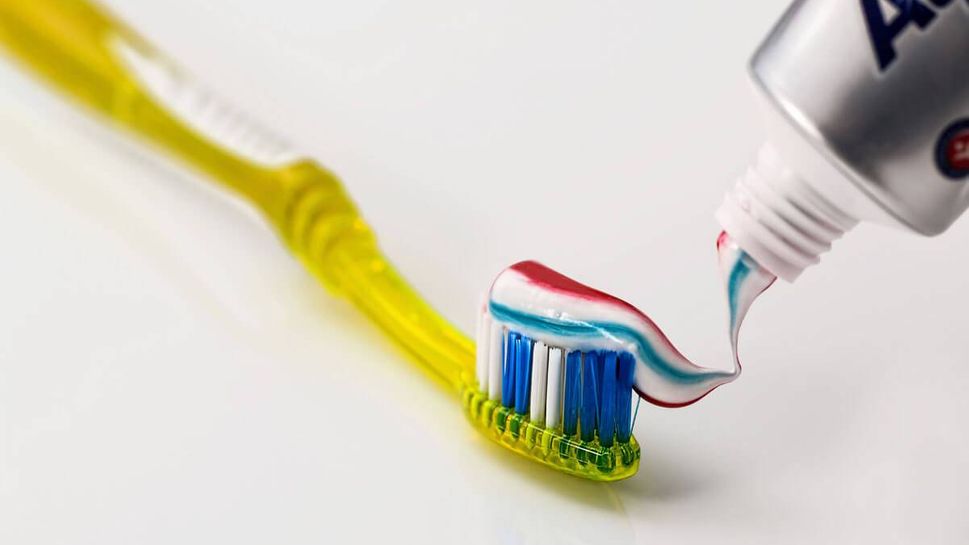
3. Toothpaste
Who hasn't used a dab of toothpaste to dry out a pimple or two? "Many toothpastes contain antibacterial agents such as triclosan and bases such as baking soda that can help dry a blemish," says Kassouf. "You may, however, end up with some irritation, so limit application to any area to just a day or two." What you don't want to do is dry out the skin. And if you experience burning from the toothpaste, wipe it off and stick to a more traditional acne product.
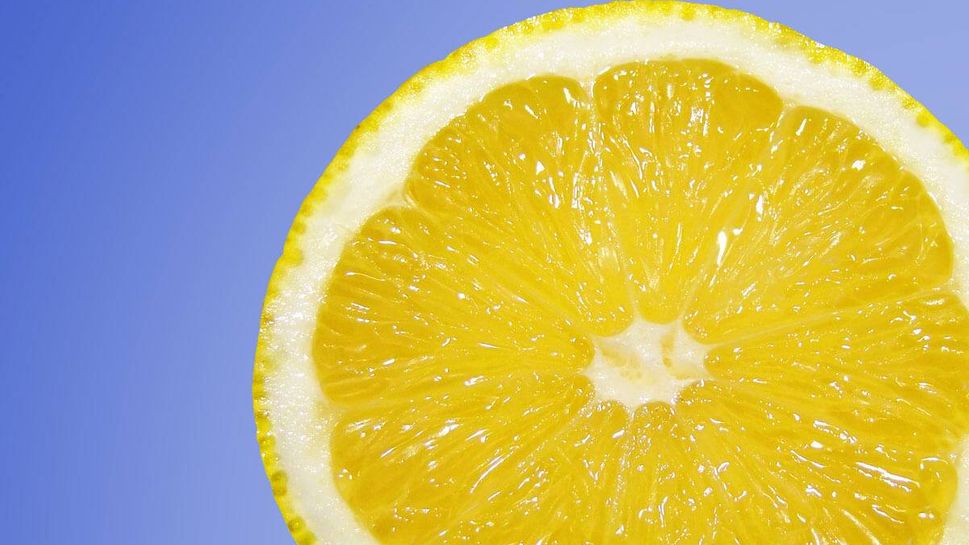
4. Lemon Juice and Vinegar
Lemon juice has always been heralded as a skin brightener, and apple cider vinegar is currently the rage when it comes to beauty treatments.
"Citrus juices contain citric acid and vinegar contains acetic acid," says Kassouf. "Healthy skin has a slightly acidic pH which helps ward off unwanted bacteria and yeast." To get this slightly acidic effect on your skin, you can use lemon juice or apple cider vinegar as a mild astringent. "Apple cider vinegar seems to shine in this category and there are some studies to back the use of witch hazel as well," adds Kassouf. But if you decide to use lemon juice or vinegar, make sure you dilute it with water into a 50-50 solution. Otherwise, it can irritate or burn your skin.
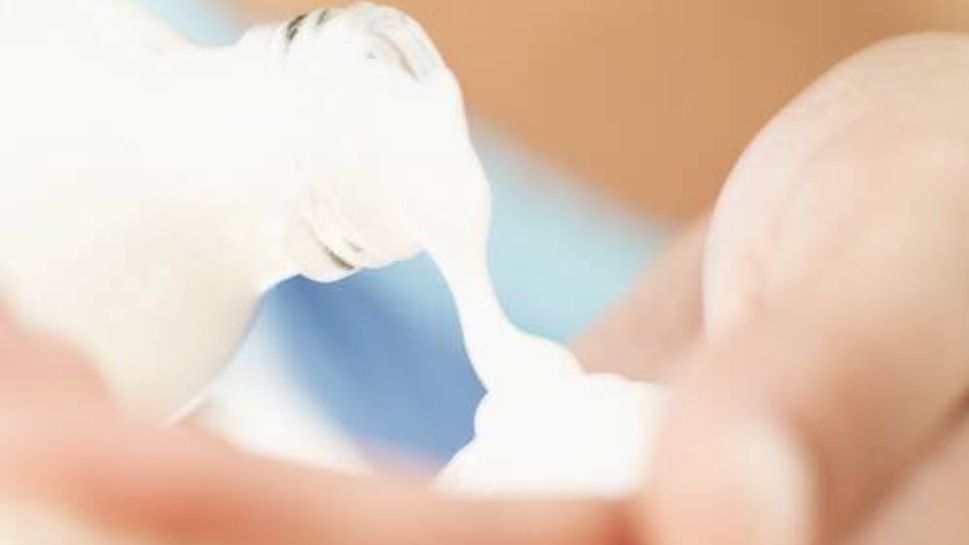
5. Body Lotion
You may have read that using body lotion isn't great for your face, but the dermatologists say otherwise. "There are subtle and sometimes no difference between body lotions and face lotions," says Kassouf. "Face lotions may be more moisturizing and milder, but otherwise similar," Jhaveri agrees. "There's usually no harm in using them."
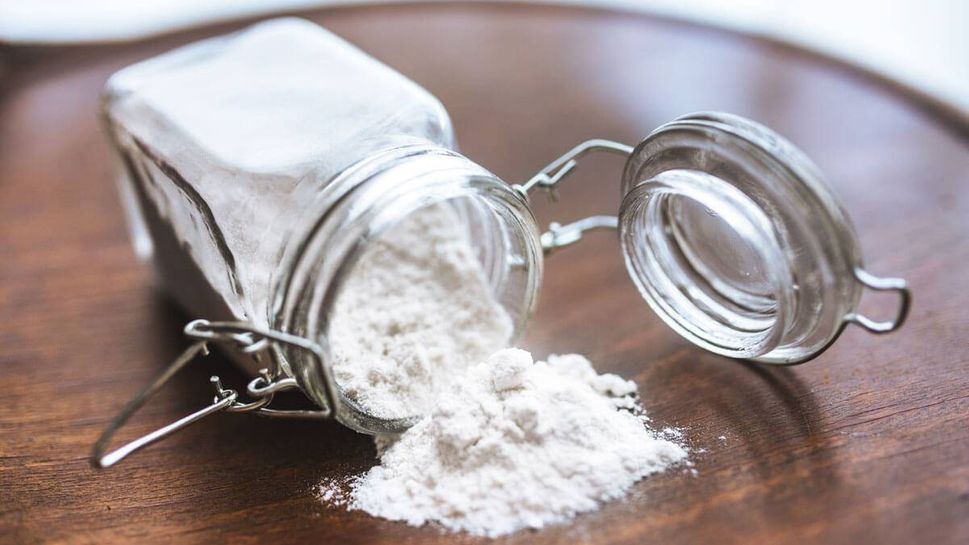
6. Baking Soda
You'll often hear beauty bloggers and experts tout baking soda as a natural facial scrub and skin brightener. And it is. You just need to use it sparingly.
"In general, we discourage a lot of scrubbing and exfoliating," says Jhaveri. "You might think it's a good way to clean your skin, but it can dry you out more." If you do want to try baking soda on your face, dilute it to make it less abrasive. Either mix it with your regular face cleanser, or try mixing it with coconut oil to create your own scrub.
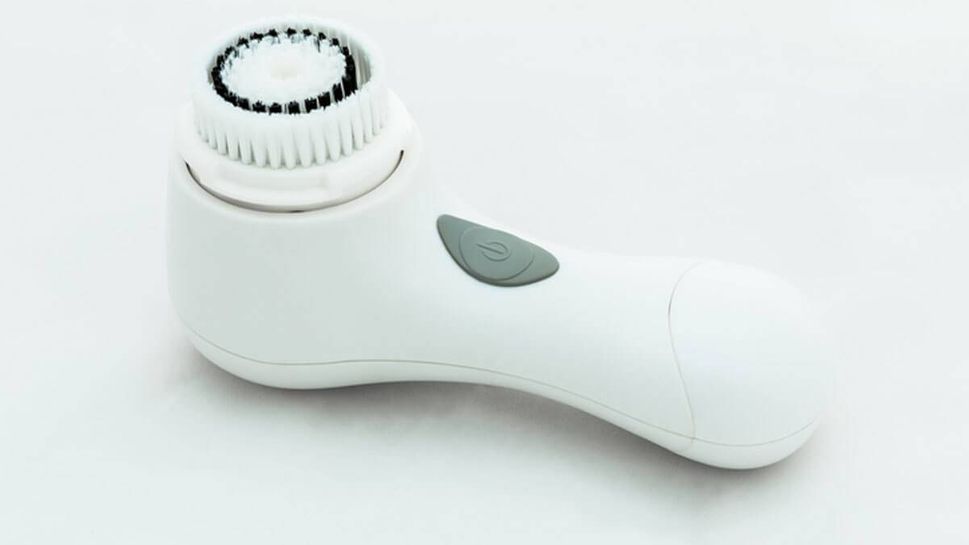
7. Cleansing Brush
"One of the more popular products currently is the electric cleansing brush (such as the Clarisonic)," says Kassouf. "While use of these products may be helpful a couple times weekly, everyday or prolonged or excess usage can actually cause irritation and swelling of the skin and pore openings that can result in acne flares and other problems."

